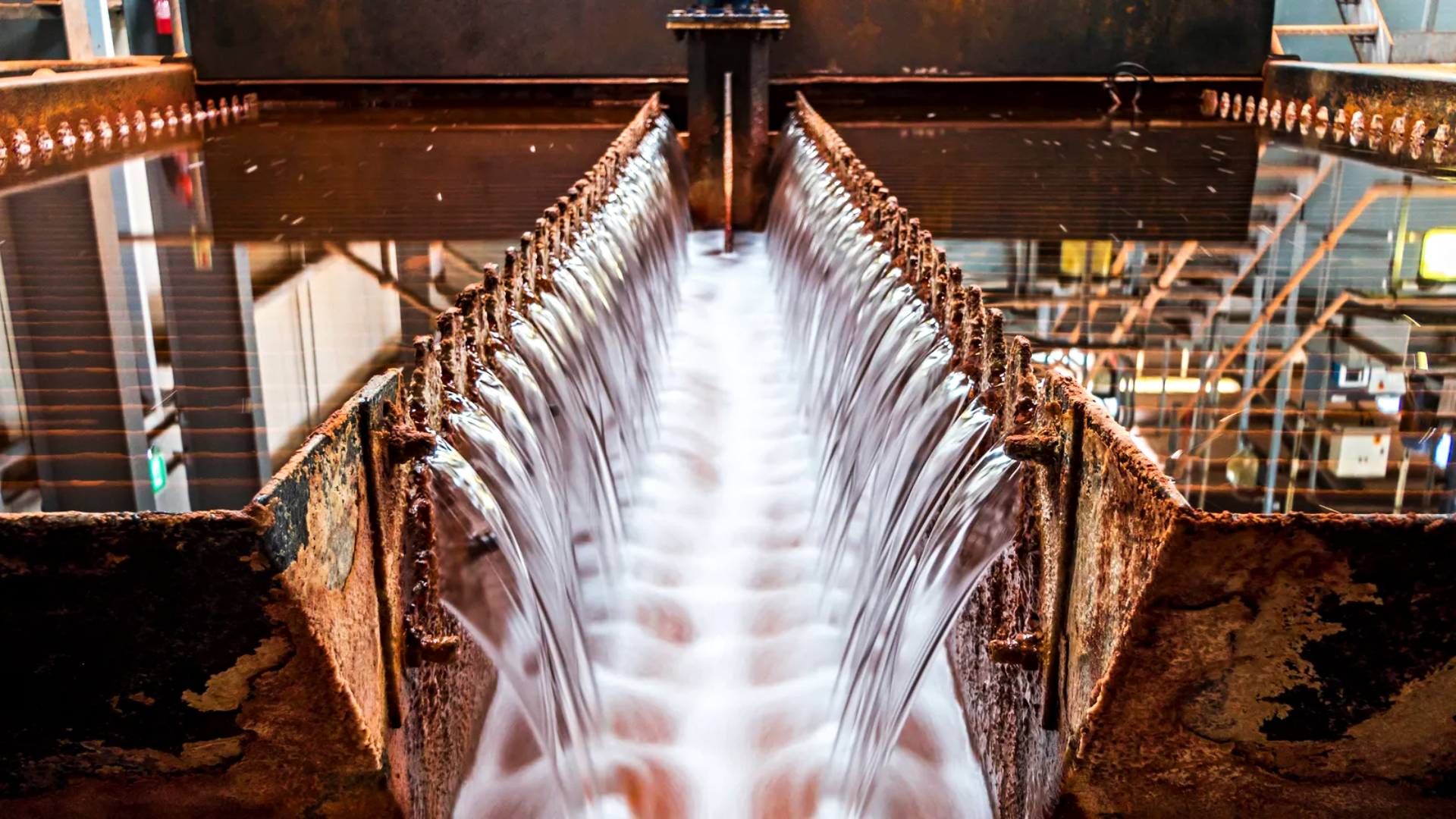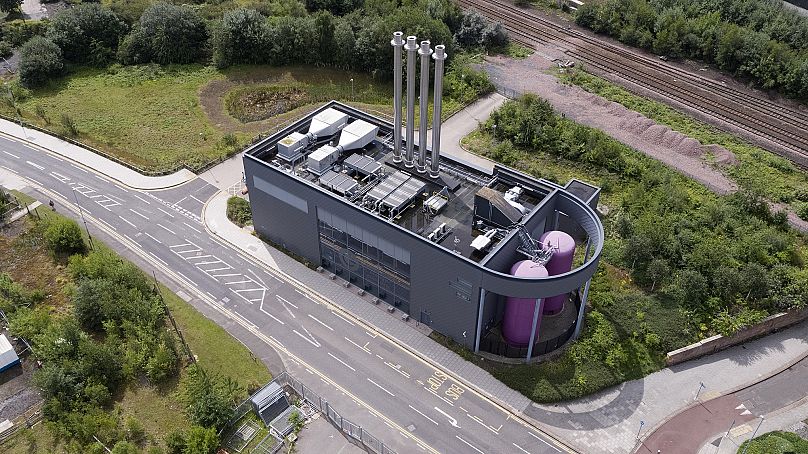Abandoned coal mines are proving a surprisingly effective source of zero-carbon energy in Europe. That’s what you call poetic justice.
It’s strange to think the bones of old fossil fuel mines may actually help our net zero ambitions, but we’ll take any win we can get.
Throughout parts of Europe, abandoned coal mines have gradually flooded following decades of disuse. This has inadvertently provided an opportunity to generate clean geothermal energy for entire towns and an increasing number of regions are catching on.
A project in the English town Gateshead has completely altered the legacy of a once renowned coalfield community. Its sprawling underground network of tunnels has been providing residents and local businesses with green energy for the last six months.
Across the nation, an estimated two billion cubic metres of warm water – more than a quarter the volume of Loch Ness – lays dormant in these mines, gradually consolidating to create what geologists describe as of the most underused sources of clean energy to ever exist.
The temperature of this water is usually already between 20C and 45C to begin with, depending on how deep the mine shaft is and the resting duration it has had to mix with subterranean rock.
Once boreholes are drilled, the water can be extracted and directed through heat pumps which compress the liquid and raise its temperature to optimal geothermal levels. It is then distributed to various heating networks, before being released back into the mine.





















